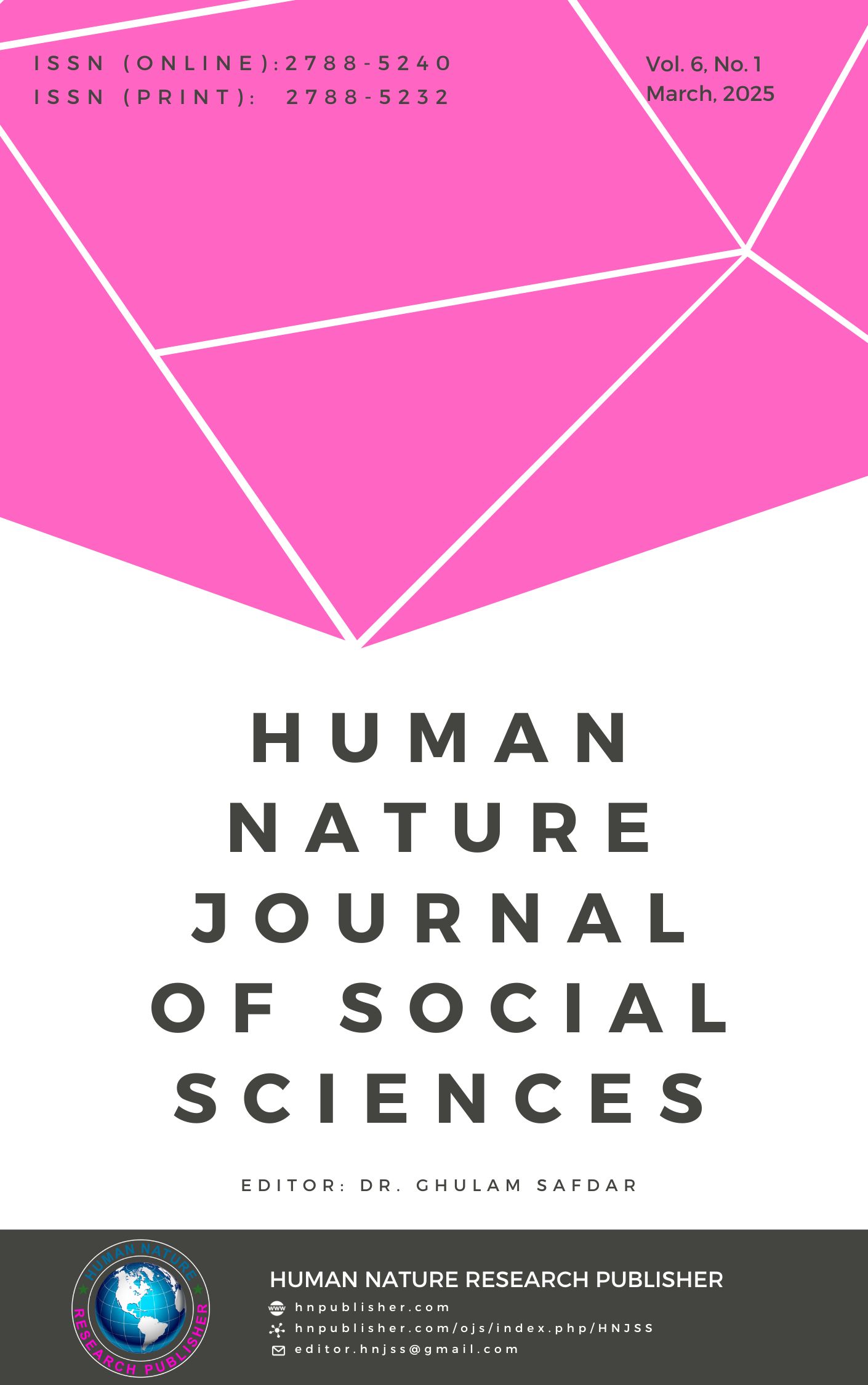16 Personality Factors and Career Maturity in Prospect Security Personnel
DOI:
https://doi.org/10.71016/hnjss/02trap44Keywords:
Personality Factors, Career Maturity, Decision Making, Psychological CharacteristicsAbstract
Aim of the Study: This study aims to investigate the correlation between the 16 Personality Factors (16PF) and the development of career maturity among individuals who are intent on pursuing a career in the security forces. This research aims to elucidate the impact of specific personality traits on preparedness for informed professional decision-making, thereby enhancing comprehension of the psychological characteristics linked to the distinctive requirements of security forces.
Methodology: It was a survey research based on a quantitative research approach. Data was collected from 500 prospective security personnel by utilizing standardized instruments such as the Career Maturity Inventory (CMI), Form C, and the 16 Personality Factors (16PF) scale (5th Version).
Results/Findings: The findings revealed that personality factors like flexibility, confidence, interpersonal warmth, and organizational skills positively influence career maturity with openness to change being the most important predictor. Conversely, neuroticism adversely affects professional maturity, while qualities such as conscientiousness and agreeableness have negligible effects.
Conclusion: The research underscores that career maturity in challenging roles, such as those in security forces, is significantly influenced by particular personality traits. Social confidence, self-trust, adaptability, emotional regulation, attention to detail, and adherence to rules facilitate job preparation by enabling individuals to explore new opportunities while aligning their skills with work objectives. Effective decision-making in career development relies on resilience and confidence, rather than anxiety and emotional discomfort.
Downloads
Published
Issue
Section
License
Copyright (c) 2025 Tahira Bashir, Abid Aftab, Waseem Akram, Sara Saif (Author)

This work is licensed under a Creative Commons Attribution-NonCommercial 4.0 International License.








